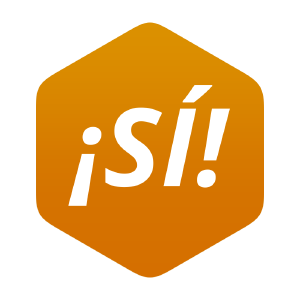10: Integrales definidas usando el teorema de residuos
( \newcommand{\kernel}{\mathrm{null}\,}\)
En este tema usaremos el teorema del residuo para calcular algunas integrales definidas reales.
∫baf(x) dx
El enfoque general es siempre el mismo
- Encuentre una función analítica complejag(z) que sea igualf en el eje real o que esté estrechamente relacionada conf, por ejemplof(x)=cos(x),g(z)=eiz.
- Elija un contorno cerradoC que incluya la parte del eje real en la integral.
- El contorno estará conformado por piezas. Debe ser tal que podamos calcular∫g(z) dz sobre cada una de las piezas excepto la parte en el eje real.
- Usa el teorema del residuo para calcular∫Cg(z) dz.
- Combinar los pasos anteriores para deducir el valor de la integral que queremos.
- 10.1: Integrales de funciones que decaen
- Los teoremas de esta sección nos guiarán en la elección del contorno cerrado C descrito en la introducción.


